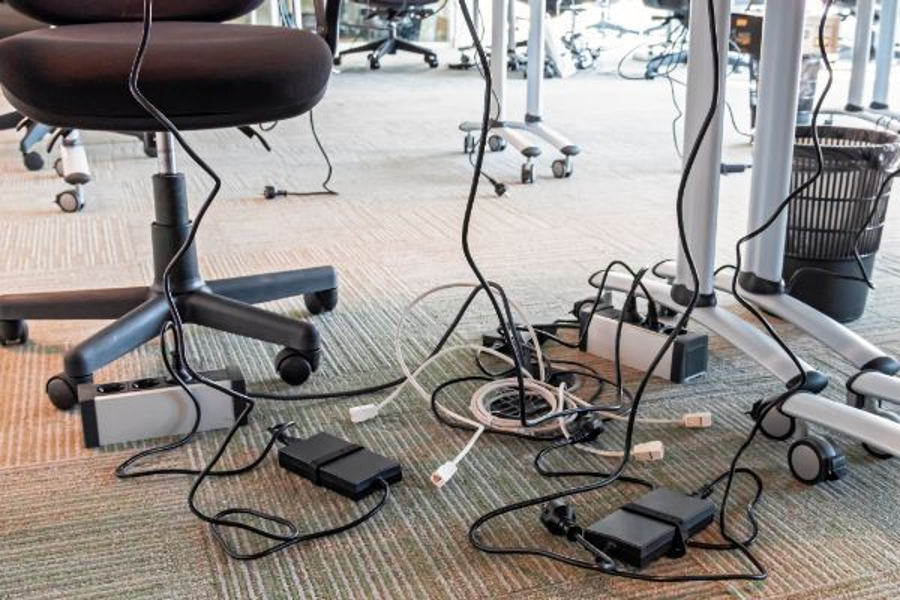In 1906, over a century ago, James Powell, Sr. founded a law firm to serve the residents of Northeastern Pennsylvania, mainly the burgeoning towns of Scranton and Wilkes-Barre. Today, Powell, Zero, Mundy serves a far greater metropolitan area with offices in Scranton, Stroudsburg, Moscow, and Taylor. Powell Law offers experienced and effective legal representation in personal injury, medical malpractice, product liability, workers’ compensation, disability, and criminal law cases.
Not only do construction site workers expose themselves to electrical hazards each workday, so do office workers, teachers, and anyone who is employed in a workplace that consumes a substantial amount of electricity. For some workers, like those who work around electrical generators and power lines, the risk is obvious, and safety is paramount. No precaution is considered too extreme or unnecessary.
Any Pennsylvanian who works around electricity must understand the risks associated with it to prevent serious injuries. An electrical shock can occur anywhere electricity is present, whether in an outlet, cord, or device. Unknown defects can cause unexpected, severe shocks.
The Occupational Safety and Health Association (OSHA) states that workers face four common electrical hazards. These hazards include generators, power lines, extension cords, and electrical equipment.
Safety Tips
*When working around generators, OSHA recommends not using generators indoors, keeping the circuit breaker off and locked before startup, and ensuring that generators are off and cooled down before refueling.
*Workers should stay at least ten (10) feet away from overhead power lines and ground lines. OSHA recommends searching for overhead and buried power lines before beginning work at any worksite. Fiberglass or non-conductive wood ladders should also be used to prevent shock.
*Almost every business uses extension cords in their enterprise. Workers should never use damaged or frayed cords. Only three-prong grounded cords should be used by workers.
*A substantial amount of electrical equipment is used at most work locations, whether an office, factory, or warehouse. OSHA recommends that ground-fault protection is available on every construction site to prevent workers from coming in contact with electrical currents.

